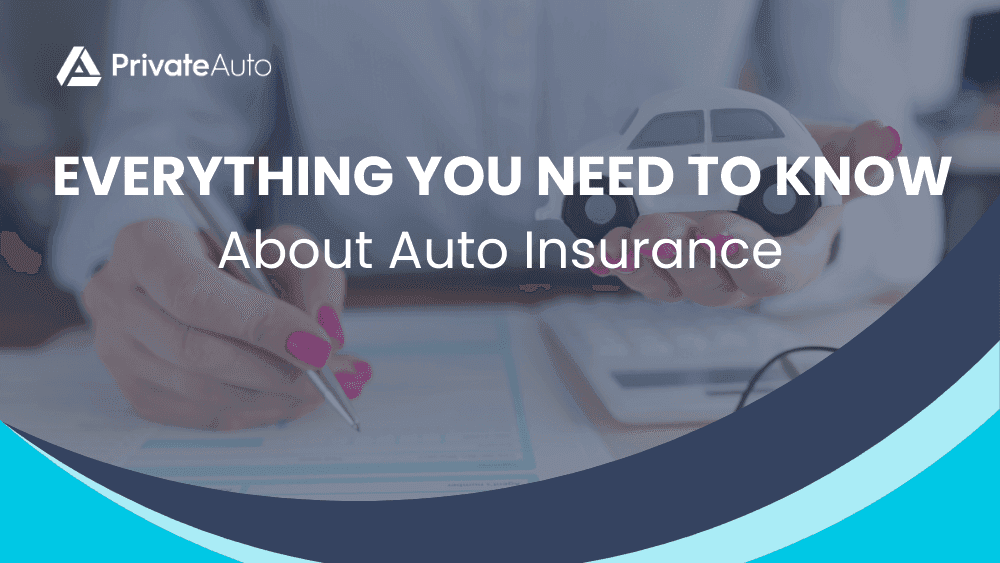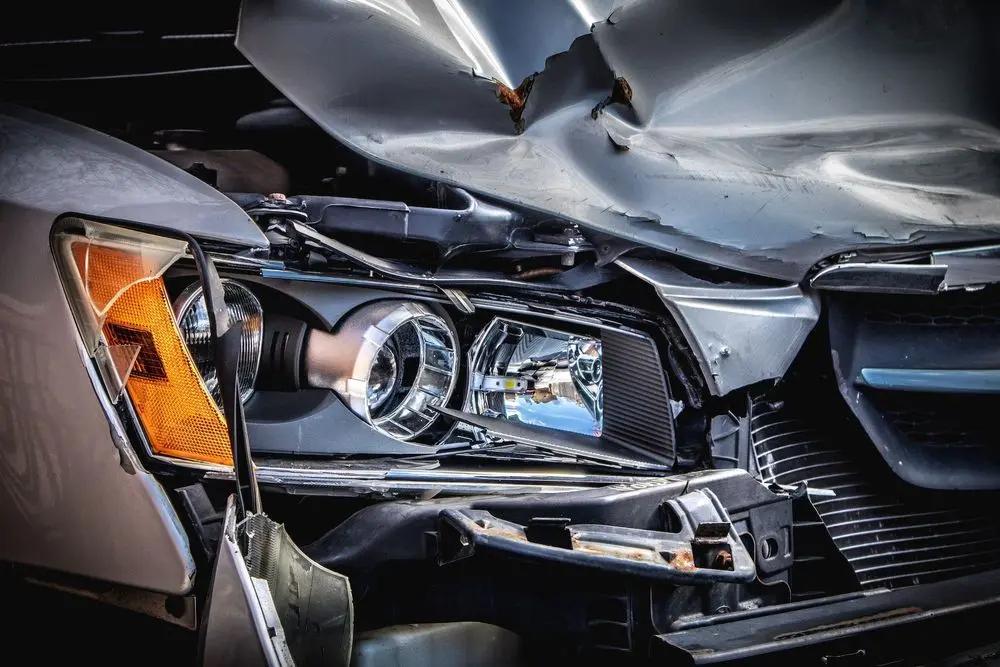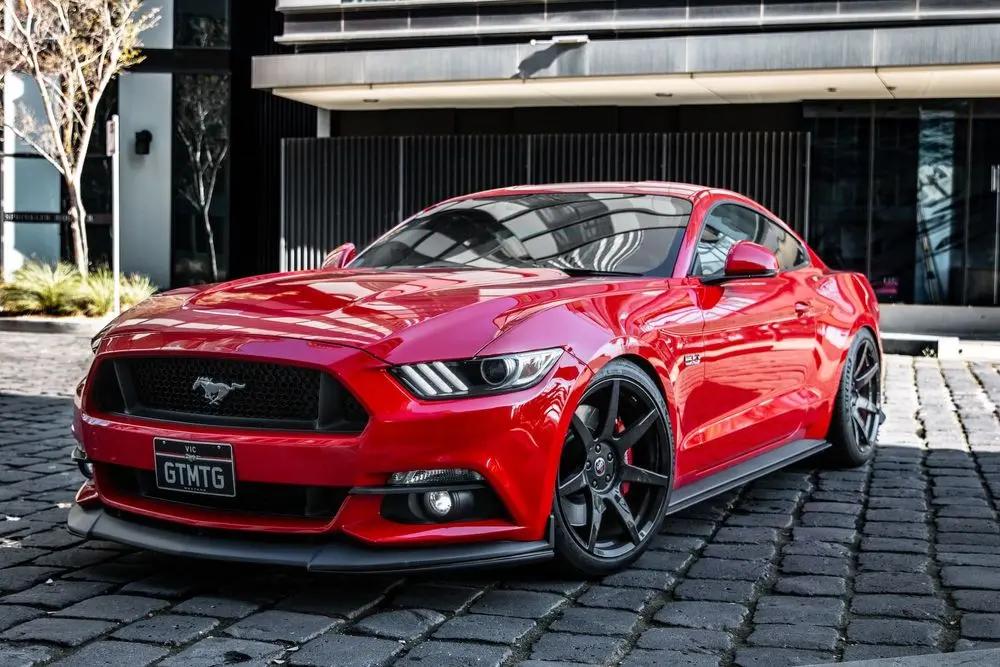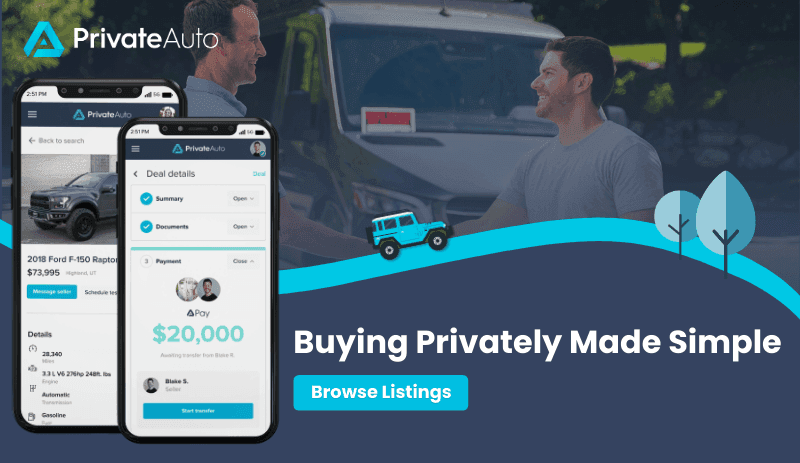Everything You Need To Know About Auto Insurance
Good driving habits can prevent a lot of accidents, but some situations are out of your control. Used car auto insurance protects you from paying medical bills, repairs and other major issues that can occur from an accident. Check out everything you need to know about auto coverage as you shop for a used car online.
When To Purchase Used Car Auto Insurance
The last thing you want to do is damage your car the day you buy it. In most states, you’re required to purchase auto insurance before you drive your vehicle. Now that you know types of insurance, it’s time to explore your options to make the most of your investment.
Currently, only Virginia and New Hampshire don’t require auto insurance. Drivers in these states are still liable for any damage or injury, but must pay out of pocket without the right coverage.
Currently, only Virginia and New Hampshire don’t require auto insurance. Drivers in these states are still liable for any damage or injury, but must pay out of pocket without the right coverage.
Types of Insurance
After shopping for a used car, it can feel overwhelming to shop for policies. There are lots of factors to consider, features to adjust and types of insurance to compare.
Your first step should be to determine the required used car auto insurance in your state. You can go for minimal protection to cut down on monthly premium payments, or you can fully cover your car for peace of mind wherever you drive.
Your first step should be to determine the required used car auto insurance in your state. You can go for minimal protection to cut down on monthly premium payments, or you can fully cover your car for peace of mind wherever you drive.
Liability Coverage
Liability coverage comes in two parts: property damage and bodily injury. Most states set a minimum policy requirement for both. These work together to cover any costs that come from injuring other individuals or damaging other vehicles.
Property damage liability covers repair costs to other vehicles that are involved in an accident. After you pay your deductible, your auto policy covers the rest of the bill. Bodily injury liability works the same way, but covers medical bills.
Property damage liability covers repair costs to other vehicles that are involved in an accident. After you pay your deductible, your auto policy covers the rest of the bill. Bodily injury liability works the same way, but covers medical bills.
Personal Injury Protection
Both parts of liability coverage are designed to protect other drivers. Personal injury protection covers medical costs for you and any passengers. It’s not required in every state, and isn’t even available in some states.
This type of protection is known as no-fault insurance, because you can use it even if you were at fault. It’s often more extensive than health insurance, covering things like lost income and child care costs.
This type of protection is known as no-fault insurance, because you can use it even if you were at fault. It’s often more extensive than health insurance, covering things like lost income and child care costs.
Uninsured Motorist Coverage
When you’re in an accident and the other driver doesn’t have coverage, or drives off without reporting the incident, you need uninsured motorist coverage. This can cover medical bills and car repairs that wouldn’t be covered by your other coverage areas.
Collision
There are many situations where you could damage your car while driving. Many of them don’t involve other drivers. Add collision to your policy to pay for damage caused by hitting an object or losing control of your vehicle.
Comprehensive
Because collision only covers damage done when you’re behind the wheel, you need to add comprehensive to enjoy full coverage. Comprehensive protects against falling objects, theft, natural disasters and other issues when your car is parked.
Use caution when comparing quotes for comprehensive and collision. Full coverage doesn’t protect against every type of damage, so you may need to add flood insurance or other items to the list of approved incidents.
Use caution when comparing quotes for comprehensive and collision. Full coverage doesn’t protect against every type of damage, so you may need to add flood insurance or other items to the list of approved incidents.
Gap
A depreciating vehicle that’s been financed is a recipe for lost value. If your car is totaled and you owe more than it’s worth, gap insurance covers the dollar-amount difference.
How To Compare Policies
There are a number of insurance rate factors that affect the monthly premium and coverage of your insurance. You want to get a great deal on your policy, but you also want it to protect you in the event of an accident. See how you can balance the two and get a great deal on an auto policy.
Consider Insurance Rate Factors
Insurance companies use complex algorithms to determine your premiums. The amount you pay per month depends on everything from your driving history to your credit score. Here are some key factors that can affect your monthly premium:
Personal history features range from education level to credit score. Some states ban the use of one or more of these factors, but many are allowed to consider them when calculating your premium. This means that someone with a college degree or high credit score is likely to pay a lower amount per month than someone without.
Make a claim and expect your premiums to increase. Insurance companies see an individual who makes one or more claims as more likely to make another claim. Drivers who drive less are less likely to be in an accident, so often pay lower premiums.
Don’t go to a single company and settle with the first policy quote. Be prepared to shop around to get a great deal on your policy. Some factors are out of your control, like where you live, but you can adjust other features to balance low-cost coverage and full protection.
•
Personal history
•
Driving record
•
Number of miles you drive
•
Type of vehicle you own
•
Number of drivers
•
Level of coverage
•
Insurance company
•
Claims history
•
Local area
Personal history features range from education level to credit score. Some states ban the use of one or more of these factors, but many are allowed to consider them when calculating your premium. This means that someone with a college degree or high credit score is likely to pay a lower amount per month than someone without.
Make a claim and expect your premiums to increase. Insurance companies see an individual who makes one or more claims as more likely to make another claim. Drivers who drive less are less likely to be in an accident, so often pay lower premiums.
Don’t go to a single company and settle with the first policy quote. Be prepared to shop around to get a great deal on your policy. Some factors are out of your control, like where you live, but you can adjust other features to balance low-cost coverage and full protection.
Review State Requirements
Start by reviewing the requirements in your state. State-by-state requirements vary considerably. The coverage that’s required or even available changes. The minimum requirements can’t be reduced, so there’s no point trying to lower your coverage beyond your state minimum levels.
Compare Rates and Coverage
Is full coverage used car auto insurance worth it? That depends on your vehicle, budget and driving habits. Consider the repair or replacement cost of your car. If you don’t own your vehicle or don’t have a large savings for repair bills, then full coverage may be a necessary level of protection.
Adjust Deductibles
Once you decide the major coverage areas of your policy, there are a lot of minor adjustments you can make to fine-tune your policy. Increasing the deductibles for both comprehensive and collision coverage by $500 to $1,000 can reduce your premium by an average of 11%.
If paying $1,000 or more as a deductible isn’t a practical solution, then it’s time to adjust your deductible the other way. Expect to pay more per month for the convenience of a low deductible in the event of an accident.
If paying $1,000 or more as a deductible isn’t a practical solution, then it’s time to adjust your deductible the other way. Expect to pay more per month for the convenience of a low deductible in the event of an accident.
Cover Your Used Car From PrivateAuto
From basic, cheap used car auto insurance to full coverage, compare policies and premiums today. Purchase insurance before you drive your car to stay safe and follow state laws. Match an affordable policy with an affordable used car from a private seller. Learn more about buying a car from PrivateAuto for a technology-driven, self-service solution.




